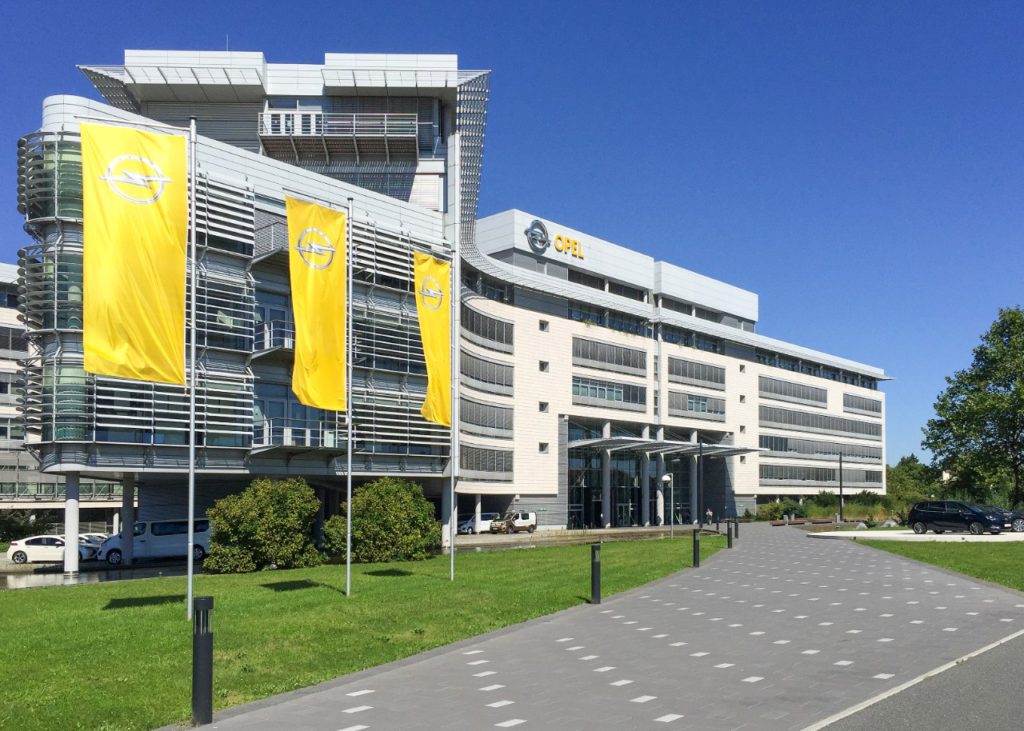Pricing in Europe expected to benefit from PSA-Opel deal, says Toyota, plus relief to overcapacity
03 April 2017

3 April 2017
The PSA-Opel merger is expected to boost pricing in Europe, according to Toyota chief competitive officer Didier Leroy. This is because he expects the price discipline CEO Carlos Tavares has instilled in PSA, since he rescued the French carmaker from near-bankruptcy, to be applied at Opel.
This could ease pressure in low-margin sales channels, for example daily rentals, where Opel has been particularly hawkish, especially in Germany, its home market.
The deal, however, will also give PSA (Peugeot Citroën) greater purchasing power, boosting PSA’s European sales by more than 1 million units. PSA strategy committee chairman Robert Peugeot has said previously that large carmakers need a volume of three million units in one key market for sufficient economies of scale. Combined PSA and Opel production in Europe reached 3.22 million, reaching this threshold. Taking advantage of this scale will require vast sharing of parts and technology across the group – more difficult to achieve in practice.
Aston Martin CEO Andy Palmer – who previously worked with Tavares at Nissan – added the deal also helps protect PSA against the weak pound or a hard Brexit – with Palmer saying ′one of the two is inevitable’ in the UK. The UK, representing 20% of European sales, accounts for 30% of profits across the continent.
Palmer also expects the combined company will struggle to establish a unique point in the market for each of its four volume brands (Peugeot, Citroën, Opel and Vauxhall).
This is one of the three big changes PSA will need to make – which will affect Europe’s overall market dynamic – as well as reducing its regional production which now has 15 vehicle assembly plants, and lowering its European workforce, now 125,000 employees.
To this end, with PSA aiming to return Opel to profit with a 2% operating margin within three years (from -1.3% in 2016), and 6% by 2026, expert consensus is this will mean up to three of PSA’s combined 15 vehicle plants will need to close, as well as 5,000 workers laid off.
Some analysts believe that to keep the brands distinctive and competitive, one of the combined group’s four volume brands could need to be wound down.
These measures are considered long-overdue corrections in the saturated European auto market, which suffers from chronic production overcapacity – with consolidation long been seen as the solution to this.
Photograph courtesy of Opel